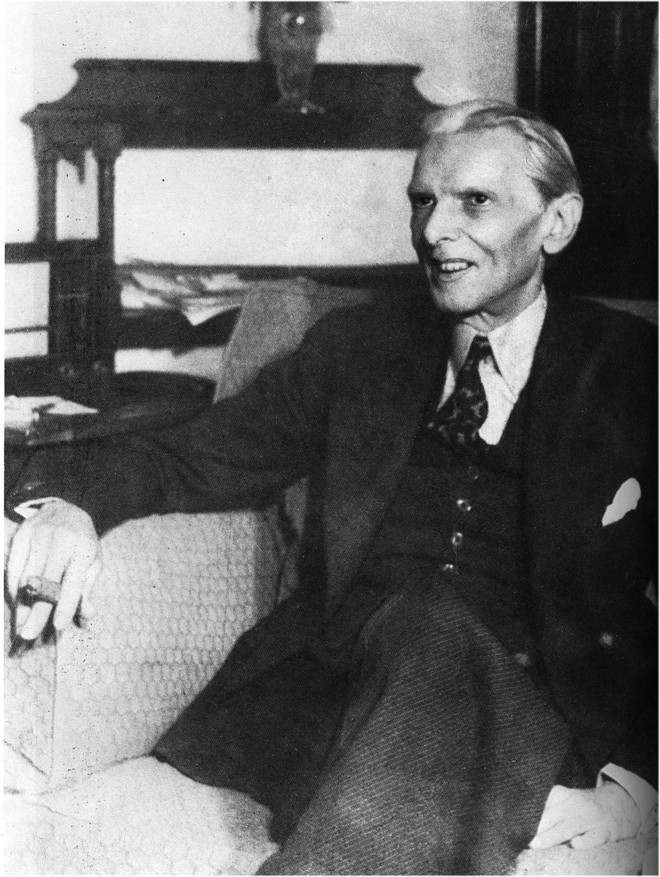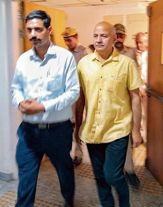
Muhammad Ali Jinnah
Harbans Singh
Sarah Ansari, in her contribution to A History of Pakistan by Roger D Long, sums up the odds that Pakistan faced when it was created by writing that its architects ‘faced arguably more daunting challenge of turning what had been in essence a defensive rallying cry into the concrete reality of an independent State’. Pakistan had, indeed, unexpectedly come into existence. In addition, many in Pakistan realised that it was ‘moth eaten and truncated’ to begin with. What had remained unsaid was that though it was home to the rivers and its tributaries that gave the subcontinent its name — India — yet the acknowledged brand name and its legacy was left for the parent State to appropriate; hence, the task of creating the history of Pakistan.
Pakistan also chose to detach itself from the umbilical cord that goes back to the Harappan and the Vedic era. And, herein lays the tragedy of Pakistan. For in its efforts to be different from India, it has charted a course that has gradually led it to the present state of everyday violence in order to establish the superiority of ideology. It is because of this that Pakistanis need to be reminded that they live on a land that has nursed one of the oldest civilisations, though it is one of the youngest countries.
The book opens with two excellent essays by Jonathan Mark Kenoyer, bringing out all the aspects of archaeological heritage of Pakistan, including the one that connects it with the Indo-Gangetic tradition. It is this aspect that has often been the object of revision in Pakistan. Zia-ul-Haq did this with missionary zeal and the Talibans, and their like, continue in their efforts to put the country to permanent selective amnesia. The chapters on the advent of Islam, the Sultanate and the Mughal rule are objective and educative. It is in the early history of arrival of Islam that we can trace the seeds of the dilemma that the champions of Pakistan face. Should it be marked by the arrival in Sindh of the impetuous Arab conqueror or should the epoch defining moment be the arrival of the Islamic traders on the coasts of Kerala?
Roger D Long has authoritatively written about Pakistan’s Quaid-i-Azam Muhammad Ali Jinnah and others who contributed to the creation of the Pakistan and then struggled to rummage pencils and papers to run some kind of a government so that Pakistan could be given shape. The early demise of Jinnah has left behind a ‘what if’ question that is hard to answer. The chapters on President Ayub Khan, General Yahya Khan, Zulfikar Ali Bhutto and Zia ul-Haq are well researched and analysed though one would think that the author, Lawrence Ziring, has seriously ignored the fact that the Soviet invasion into Afghanistan came as a boon to the country that was in the dog house following the execution of Bhutto. Zia ul-Haq only exploited the situation to his country’s advantage. But then the reverberation of that epoch was also felt when 9/11 and subsequent events rocked the world.
A very interesting point of view comes from Ian Talbot as he analyses the failure of democracy. Rejecting the point of view that Pakistan’s democratic failure was the outcome of the politicians’ misuse of power, corruption and factional intrigues, he points out the ‘profound anti-democratic sentiments’ in powerful bureaucrats who managed the country after Jinnah’s death. Then he comes to the two major issues that arrested the growth of democracy. ‘Firstly that the Muslim League’s weak political institutionalisation prevented it from playing a similar consolidating role to that of the Congress in India. Second, centralisation was seen as a requirement for state consolidation, yet it had the effect of intensifying conflict between the centre and the provinces. This not only undermined political process but encouraged an often self-serving politicisation of ethnicity. The consequence of both landlord politics and centre-province conflict was a creeping authoritarianism which culminated in the 1958 coup.’ The process has remained unabated ever since.
For an Indian reader, Ayesha Siddiqa’s Pervez Musharraf: Yet another Dictator is extremely interesting not because the events have still not receded into the horizon. It is because her analysis of the man is refreshing. She ably correlates the events with the actions of the past. The book is appropriately concluded with an analysis of the economic and the socio-cultural scene. By and large, the essays go a long way in making a person understand the challenges faced by Pakistan.



























